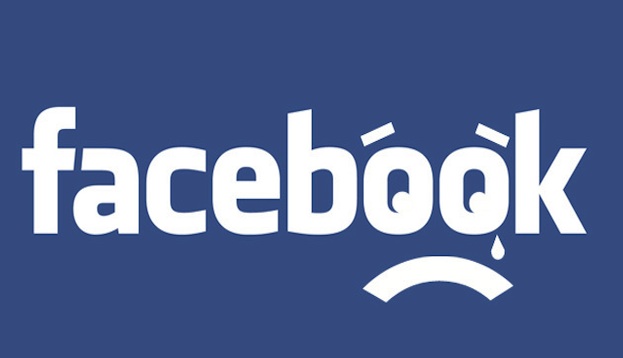Who has access to the largest audience in media history, to the largest amount of volunteered data from users and yet has made little headway in using these resources to revolutionize marketing According to Forrester Research, Facebook fits this bill.
This past year has already been a banner year for Facebook advertising with $4 billion in advertising revenue. According to reports from Adobe and Kenshoo Social {link no longer active}, Facebook ads were clicked 29 percent more often, cost-per-click is lower than ever before and ROI is increasing by estimates of at least 40 percent. With such stellar numbers as these, it is also interesting to note that of the 131 billion Facebook ad impressions and ensuing 4.3 billion engagements, Facebook probably isn’t even getting the credit for all the purchases. Facebook has remained top dog when it comes to referral traffic to retail sites, although Twitter and Pinterest have been gaining some ground.
Nevermind all of this, however. A report from Forrester Research’s vice president and principal analyst, Nate Elliott, surveyed 395 marketers and executives in the United States, Canada and and United Kingdom and showed that when it comes to satisfaction and the creation of business value, Facebook ranks the lowest of all digital marketing opportunities.

How can this be Forrester posits that although marketers continue to flock to the advertising gold rush that Facebook claims to offer, only a small number of them actually find success. The reasons they provide in coming to this conclusion are particularly troublesome. It all boils down to Facebook “abandoning its promise” to revolutionize marketing and becoming overly reliant on traditional advertising. Facebook is simply not leveraging its goldmine of social affinity data.
Forrester claims that Facebook is no longer focused on driving genuine engagement. “Everyone who clicks the like button on a brand’s Facebook page volunteers to receive that brand’s messages — but on average, you only show each brand’s posts to 16 percent of its fans,” said Elliott.
Although Facebook makes updates to its advertising tools frequently, the branded page format remains unchanged as do the tools to manage and measure those pages. Of the tens of billions of daily page views on the site, a meager 15 percent are actually leveraging the social data.
Make no mistake, Facebook has immense potential for increasing marketers’ satisfaction. With such a compendium of data on consumers worldwide, the ability to make bigger, stronger, more data-driven ads is there. With more marketers signing on, Facebook appears to be improving their ad delivery by leaps and bounds.
Source: Forrester Research

